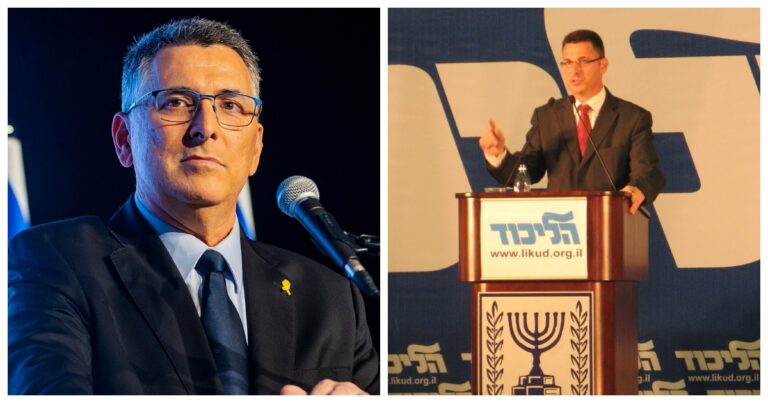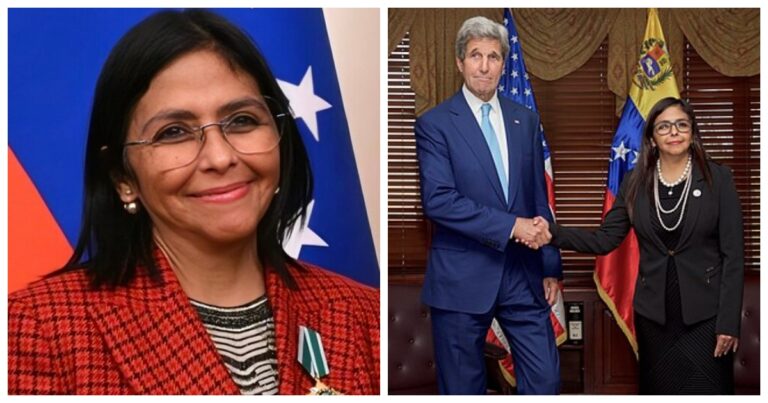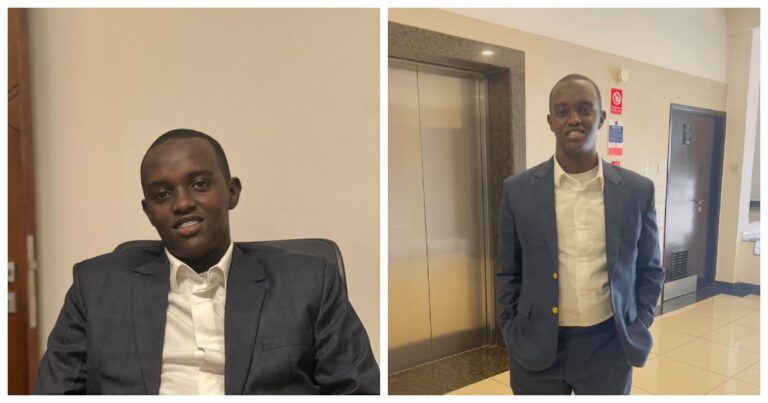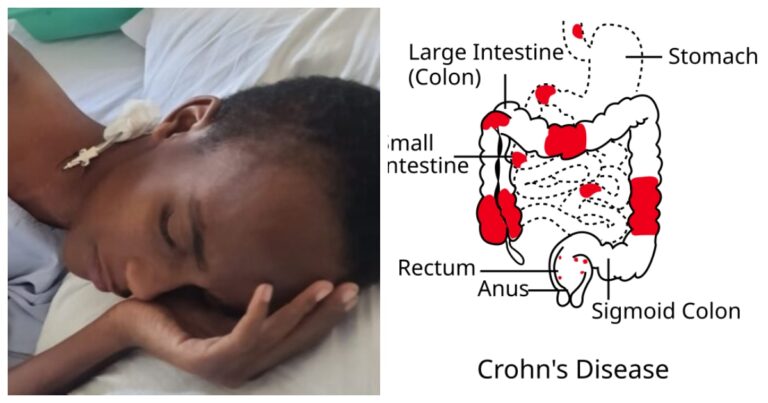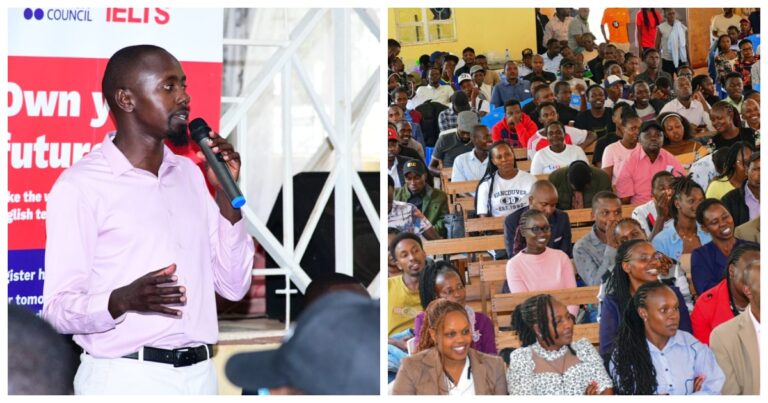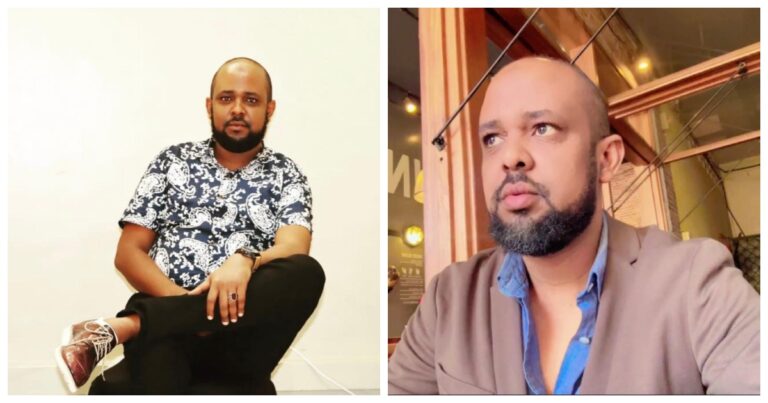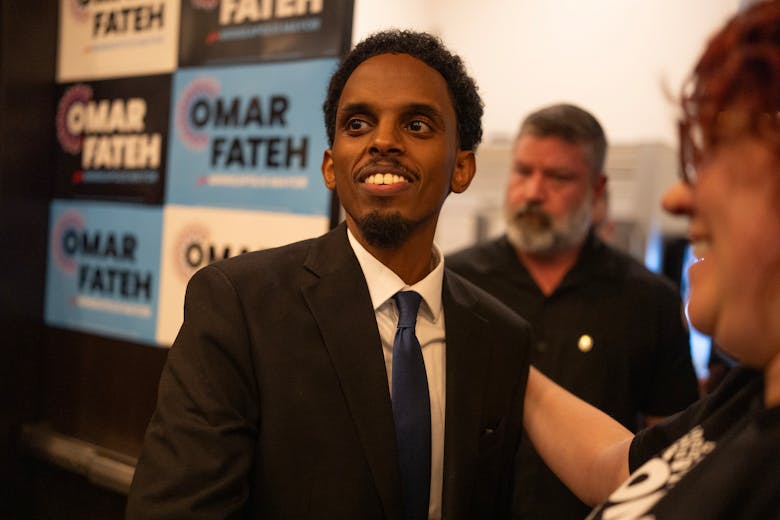
The Somali vote divide in the Minneapolis 2025 mayoral election played a notable role in the outcome, where Somali-American Omar Fateh, a democratic socialist and Minnesota state senator, ran to become the first Somali-American mayor of Minneapolis.
Despite strong support from Somali and progressive communities—including US Representative Ilhan Omar—Fateh did not win. He lost to incumbent Mayor Jacob Frey, who secured a third term via ranked-choice voting.
Fateh drew considerable backing from Minneapolis’s large Somali population and progressive voters. However, the Somali vote was split to some extent due to the presence of many candidates and political complexities.
Disagreements within the Democratic-Farmer-Labor Party (DFL) and controversy over Fateh’s earlier endorsement of the anti-Israel Boycott, Divestment, Sanctions (BDS) movement also influenced perceptions among voters, including concern among some Somali and other community members.
Moreover, Frey had remained relatively popular among a broader electorate including some Somali voters and the Democratic establishment.
Read Also: Zohran Mamdani Set to Make History as NYC’s Next Mayor — What You Need to Know
Fateh received about 31.6-31.7% of first-choice votes to Frey’s 41.7-41.8%, but could not surpass Frey through ranked-choice rounds, ultimately losing with Frey achieving a majority in the third round of vote counting.
The split in Somali support among various candidates and the broader electoral dynamics contributed to Fateh not securing the mayoralty despite his strong Somali-American base.
Minneapolis set a record turnout in this municipal election, indicating high engagement but a division that ultimately benefited Frey’s reelection.

